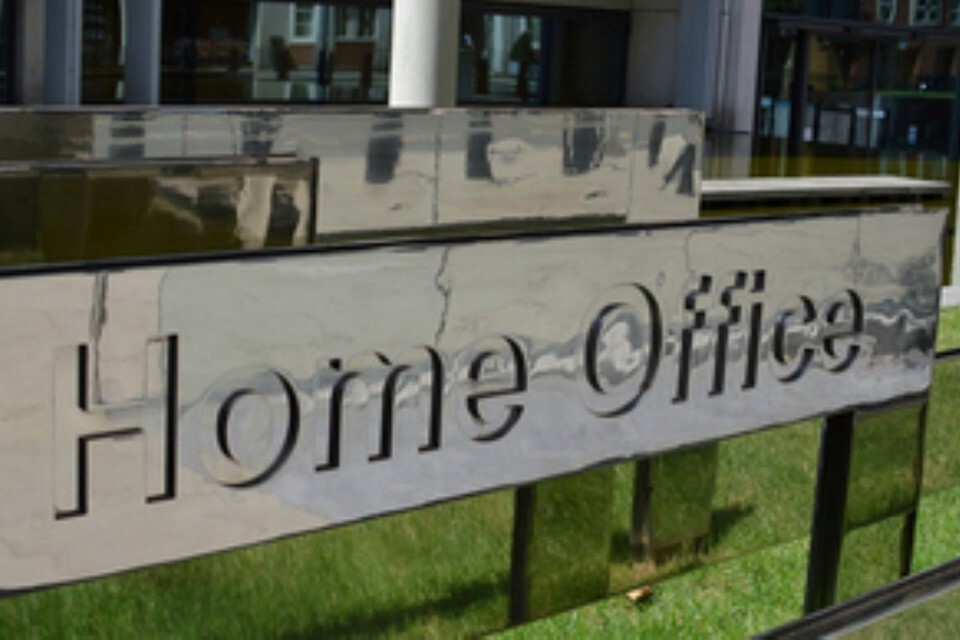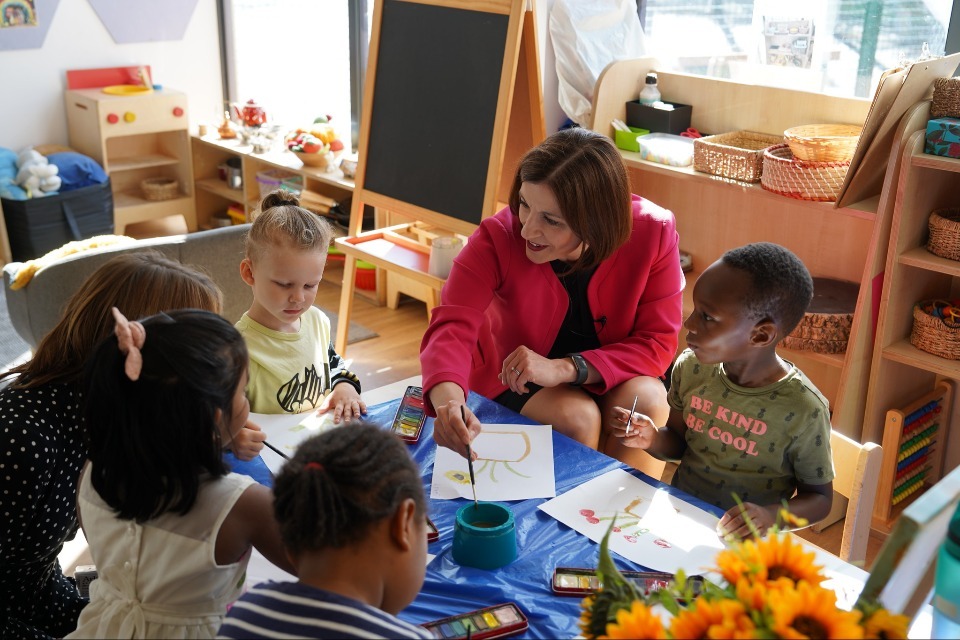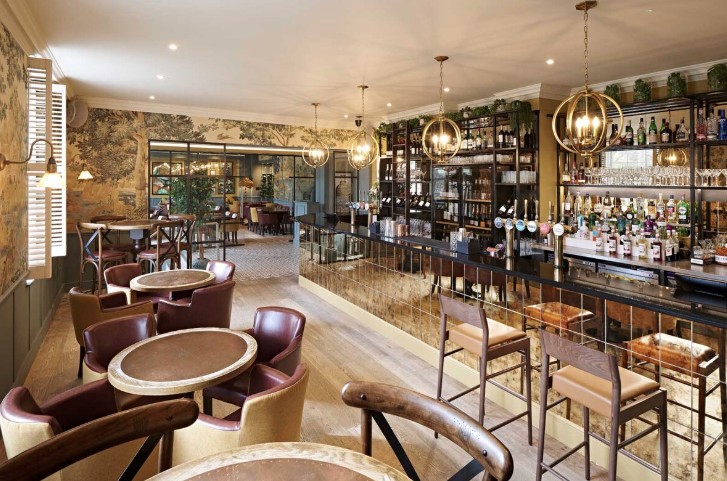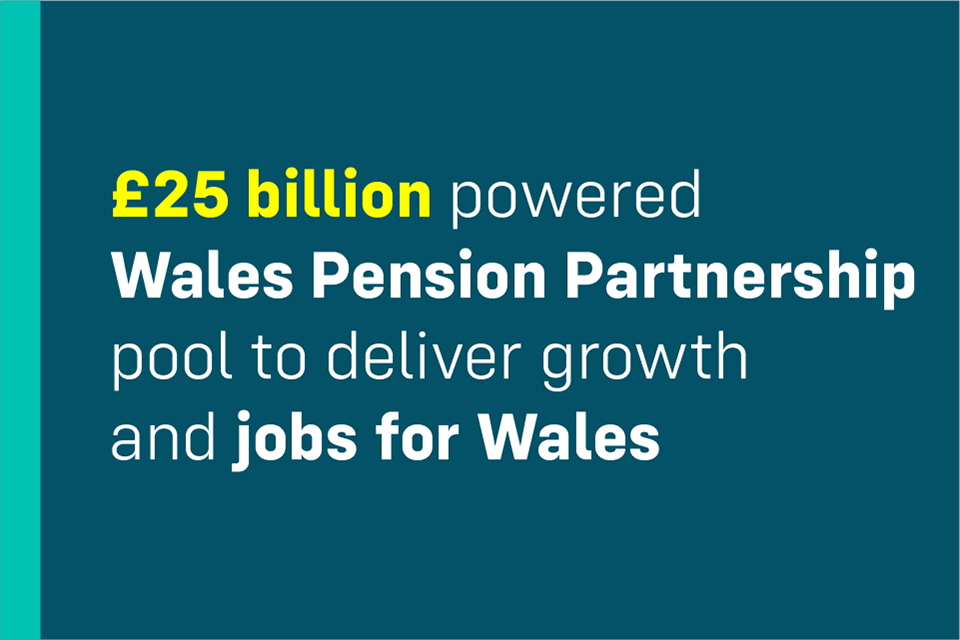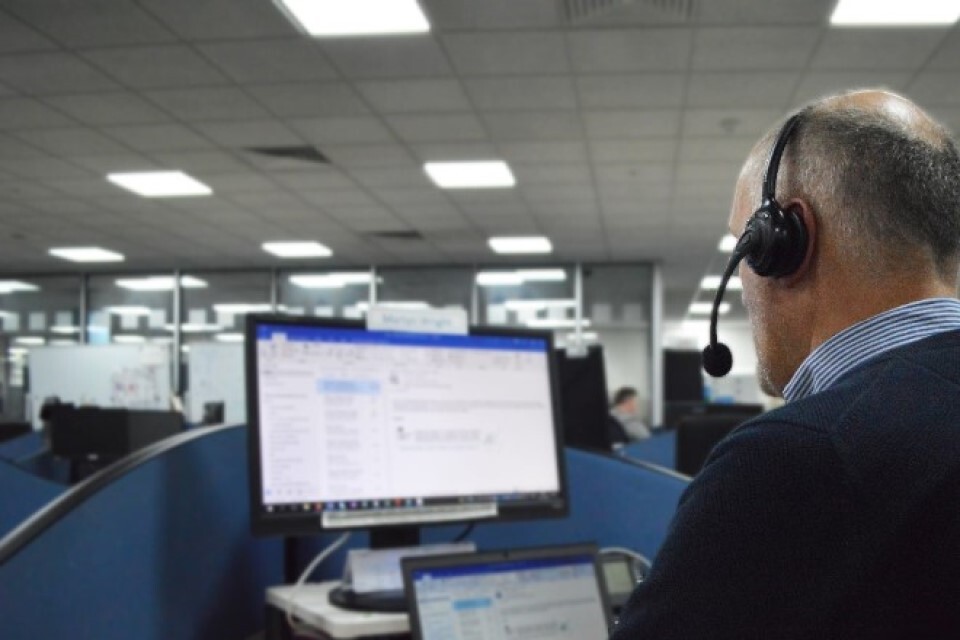What's On
Government rolls out NHS programme to boost maternity safety Scheme…
Going Out
Listen up, Londoners. I come bearing yet another item to…
Reviews
This engaging project requires minimal materials, including flowers, large ice…
Latest Articles
Visitors to Epping Forest are being urged to help protect its iconic bluebells by sticking to designated paths…
New reforms to deportation and removal rules will make it easier to remove foreign criminals committing crimes in…
Looks The new Vauxhall Corsa isn’t as stylish as some of its rivals because it’s a heavily revamped…
Britain’s failed immigration system will be radically reformed so the system is controlled, managed and fair under a landmark…
As programme director at the Department for Work and Pensions, Julie Fitzpatrick is tasked with helping to implement…
From the moment my boyfriend and I arrived, everything about the experience felt special, starting with the warm…
Biggest ever Welsh pension fund to be established with £25 billion pooled into a new investment company that…
If you’ve ever dreamt of adding ‘exhibition curator’ to your CV; we come bearing an opportunity that may…
In Spotlight
The Prime Minister's remarks at today's press conference in Kyiv.



